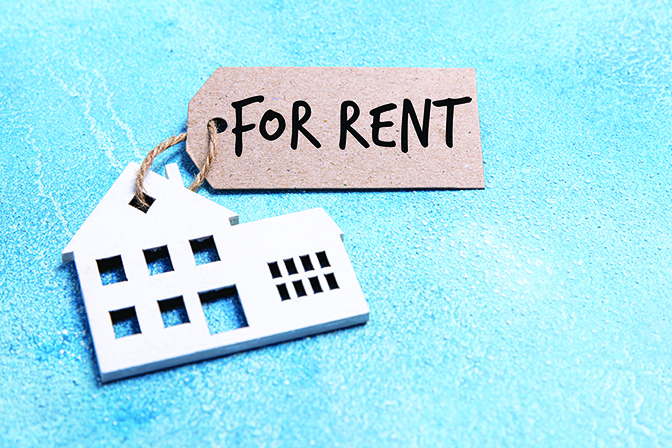
By a vote of 4-1, the city of Concord passed the first reading of an ordinance on rent stabilization and just Cause: Lets break down these two distinct parts.
The first part’s most salient aspects are:
Rent stabilization will apply to multifamily rental complexes of two or more units built before Feb. 1, 1995.
The ordinance excludes single-family homes, ADUs and individual condominiums.
It limits yearly rent increases to the lesser of 3% or 60% of CPI.
The Ordinance establishes a process utilizing a Hearing Officer whereby property owners could request higher rent increases, above the Ordinance cap, to obtain a fair return on their investment property and to recover various types of expenses, some of which are specified.
The second part deals with what is a Just Cause to evict someone and what is a No-Fault Eviction condition. Just cause for eviction would apply to most rented units in Concord, including rented Single-family homes and rented condominium units but not to rented ADUs.
The salient features are:
A tenant may be evicted for “at-fault” reasons. Valid causes include not paying the rent, crimes, nuisance, destruction etc.
There are tenant protections. The ordinance defines what happens when a multifamily building is taken off the market and people are evicted having not done anything wrong.
It also defines what to do when the landlord wants to move in a family member and evict the tenant during their lease.
None of it applies to ADU’s.
There is some confusion regarding the single-family homes that an individual has rented out. Most of these homes were originally rented out on a year’s lease and then automatically extended month to month. There is no limitation in the ordinance on how high the single-family home rate can be when the lease, including the month-to-month, expires.
Therefore, the expectation is that should the landlord not want to renew the lease, they would engage with the tenant and raise the rent as a last resort.
The only time the displacement costs for a no-fault eviction should take place on a single-family home is when the Landlord has given the tenant a 1- year or longer lease and the Landlord wants to break the lease to move in an entitled family member or themselves.
In that case, the limit on the displacement cost is two months’ rent and $2000. Remember this is the landlord breaking the lease.
I hear fears from single-family homeowners that revolve around the displacement costs as well as the concept ‘but it is my house.’ You have to remember that while it is your house as an owner, it is another family’s home. You are not going to be involved with displacement costs unless you are breaking the lease.
Views expressed here are the interpretation of Edi Birsan as a 40-year homeowner in Concord and not the basis of legal or illegal advice.

